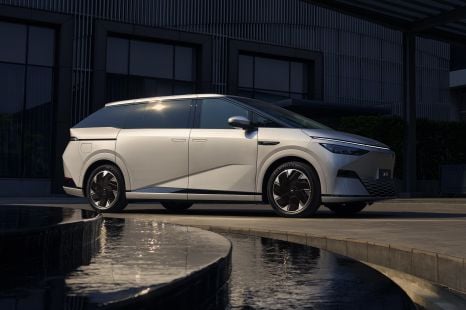

William Stopford
Will 2026 be the year of the people mover in Australia? China seems to think so
3 Hours Ago
Lordstown Motors has found itself in a cash crunch before it can even begin production of its electric Endurance ute.

Contributor
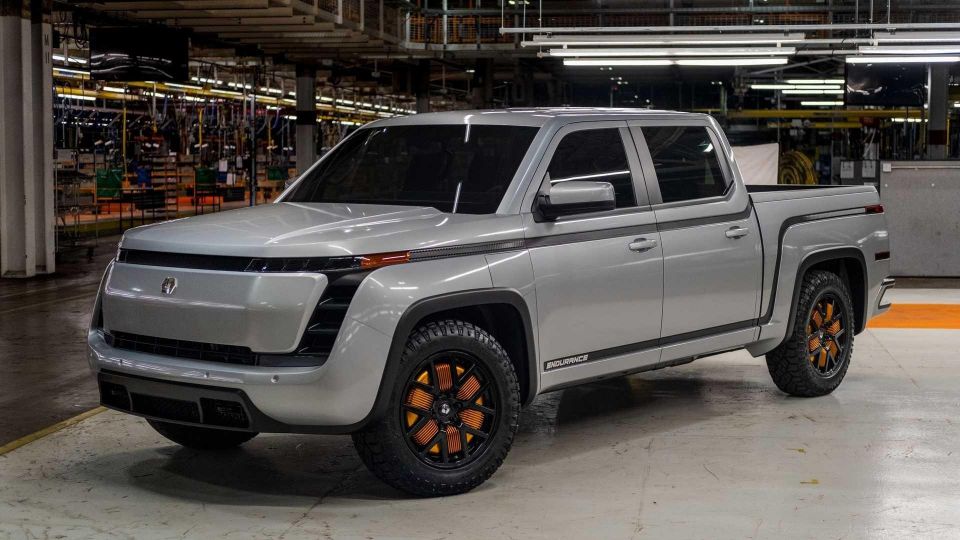

Contributor
Electric vehicle start-up Lordstown Motors is in trouble, telling the US Securities and Exchange Commission (SEC) it’s running out of money.
The New York Times reports the company is still on track to begin manufacturing its Endurance pickup by September 2021, at least according to CEO Steve Burns, but it’ll only be able to make half the number of vehicles it had planned.
The company has admitted that “the current level of cash and cash equivalents are not sufficient to fund commercial scale production and the launch of sale of such vehicles”.
“If we don’t get any funding, we might only make half of what we thought,” said Lordstown Motors CEO Steve Burns.
Mr Burns also said that Lordstown Motors was looking to borrow money from a federal government program designed to support the development of electric vehicles, but was unclear if it had any funds left.
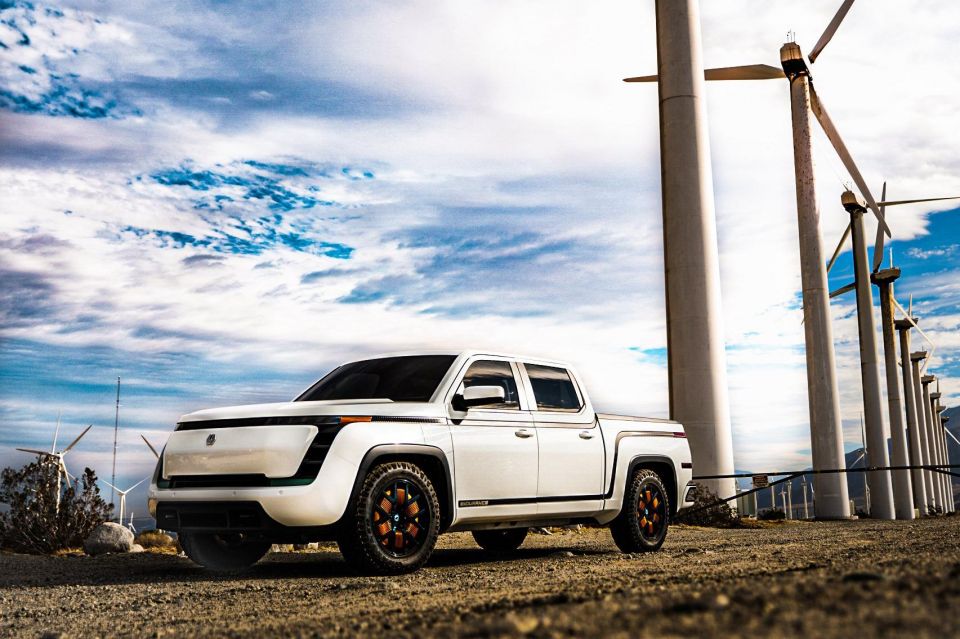
The company is also in discussions with strategic investors and could borrow money by using its assets as collateral, such as its Ohio factory it bought from General Motors after the American automaker shuttered it in 2019.
The company was looking to build 2200 trucks by the end of the year if funding came through but would now be only able to make less than 1000.
In its filing, Lordstown stated that it had “substantial doubt regarding our ability to continue as a going concern one year from the date these financial statements are issued”.
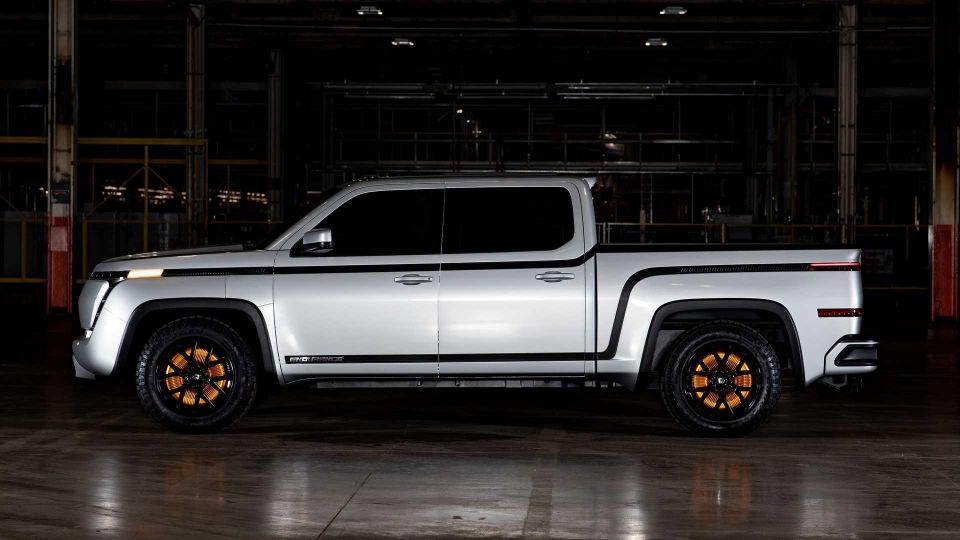
The Lordstown Endurance seemed promising from the start, with its four-hub electric motor design and claims of at least 447kW of power and a battery range of over 400km.
Over 100,000 commercial fleet orders for the Endurance had been received as of January 2021 with an average order of 600 vehicles per fleet.
On the company’s website, the Endurance claimed to be a far better alternative to the petrol-powered Ford F-150 Lariat in terms of overall cost, promising to be some $20,000 cheaper to run than the Ford.
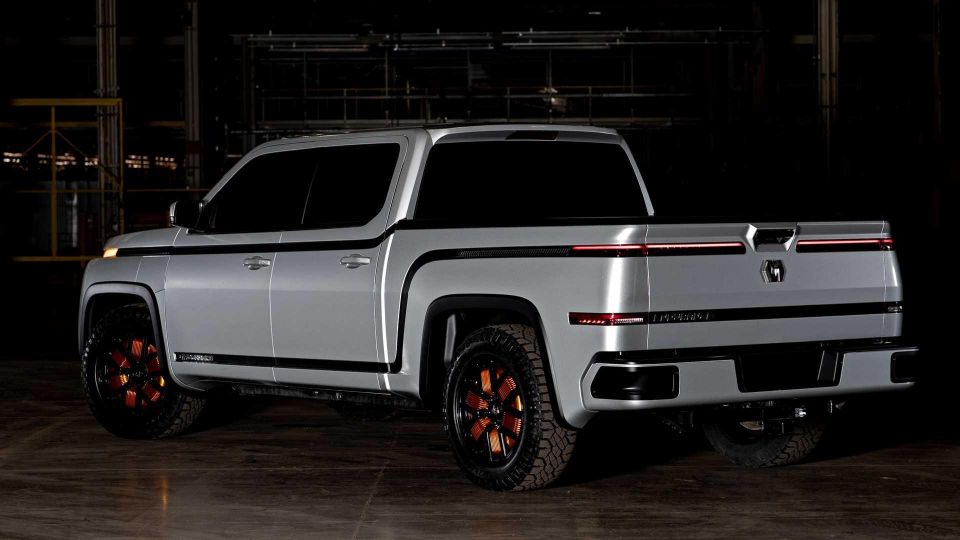
But despite claims and promises, Lordstown may end up suffering a similar fate to that of some other start-ups.
EV start-up Nikola crumbled to pieces after General Motors pulled the pin on its investment with the company.
Nikola was set to release a hydrogen-powered pickup truck called the Badger. It promised supercar performance with 675kW and 1350Nm and a 0-100km/h time of around three seconds.
Allegations of fraud against the Nikola founder was enough to see the project put to rest once and for all, and Nikola will potentially have to refund up to $US6.9 million ($A9.4m) in customer deposits.
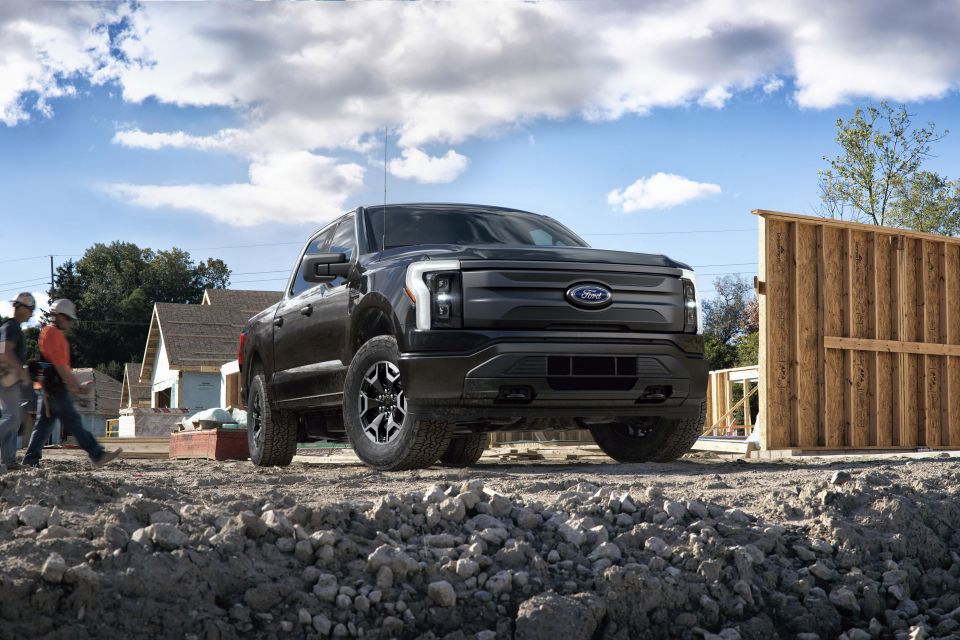
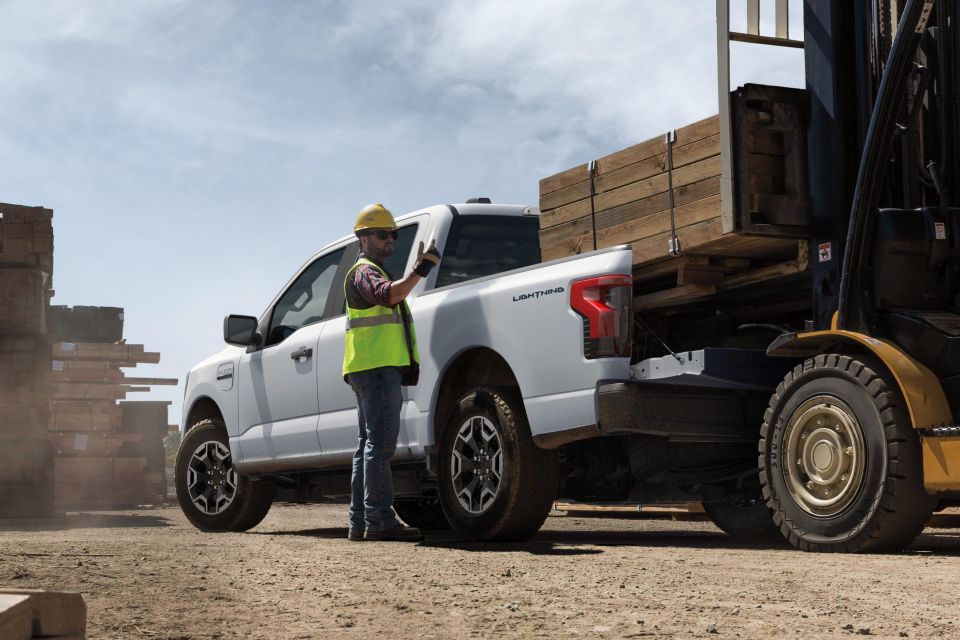
It isn’t just start-ups planning electric pickup trucks, however.
The 2022 Ford F-150 Lightning will be Ford’s answer to the Lordstown Endurance and will be available in a fleet-friendly Pro variant.
It will feature either a standard or extended-range battery pack which can produce up to 420kW of power and 1051Nm of torque, with an estimated driving range of up to 480km.
For private buyers, there will be plenty of options from a range of manufacturers including the GMC Hummer EV ute, Rivian R1T and the Tesla Cybertruck.


William Stopford
3 Hours Ago
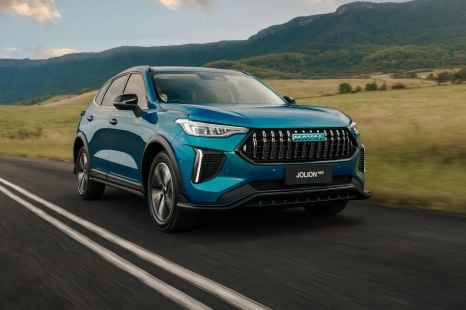

Max Davies
4 Hours Ago
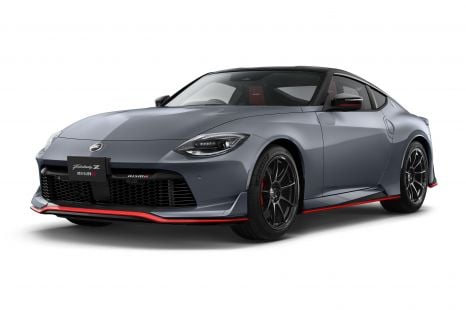

Derek Fung
5 Hours Ago
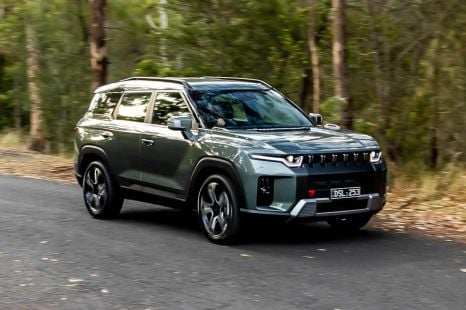

Matt Campbell
11 Hours Ago
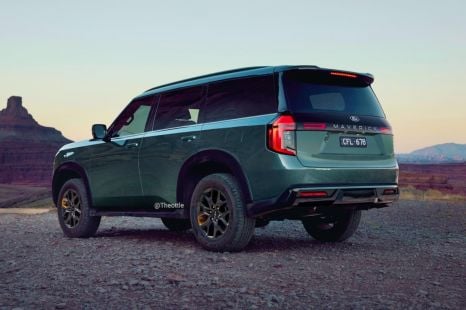

Ben Zachariah
1 Day Ago
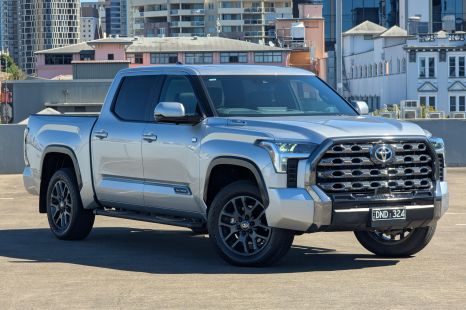

Damion Smy
1 Day Ago